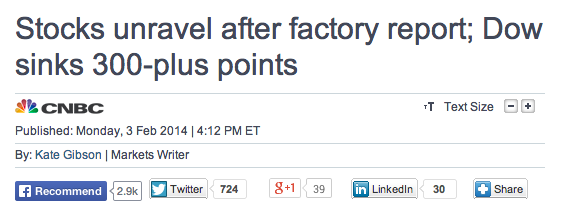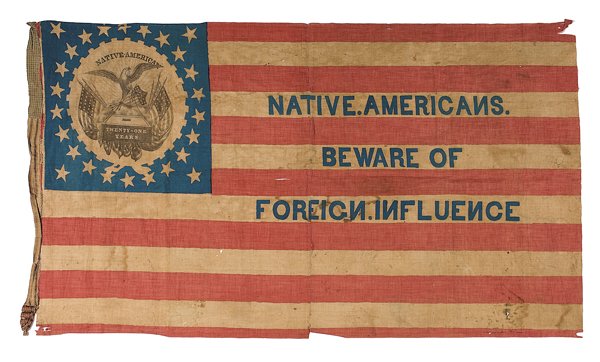
Get it? It’s like the “got milk?” campaign, only they replaced “milk” with “insurance”. Seriously, do you get it? Should we walk you through it again? They didn’t even bother changing the damn font. Advertising is the worst business on Earth. (Obligatory mention that this ad is not, in point of fact, a parody. It is horribly, horribly legitimate.)
We’ve already shared our analysis of Obamacare with y’all. First, we explained how this was never intended to “help the uninsured”, or lower costs, or any of those highfalutin goals noble in their definition but ultimately unachievable by a federal government that can’t even close a defunct rural post office without stretching the process out for years. Rather, Obamacare was created with the eventual intention of rendering private health insurance superfluous. A month later we described our 1st-person frustration at how our President, Congress, Chief Justice and 4 associate justices of the Supreme Court took something that was working and broke it. Then, Control Your Cash being first and foremost a pragmatic site, we showed you how you to take advantage of a loophole to get a few hundred dollars’ worth of drugs on the house. Hey, every little bit helps if you’re like us and now have a federally mandated $7000 deductible – which is to say, you don’t really have insurance at all, as you’re going to be paying for everything out-of-pocket.
But now the insurers can’t reject people with pre-existing conditions! Isn’t that great?
Pre-existing conditions, whether phocomelia or obesity (or if you want to expand the definition for an increasingly effete populace, seasonal affective disorder or restless legs syndrome), cost money to care for. Why shouldn’t a leukemia patient pay higher premia than someone healthier? Dust yourself off, do something about your indignation, and answer the question. The very purpose of insurance is to measure risk. Why should the pre-existing condition of a penis force someone into paying higher auto insurance premia than his unpenised sisters? A bungalow in a floodplain costs more to insure than a bunker in the Utah desert? So unfair. It’s not as if the bungalow asked to be placed there.
You can force producers to charge some, even most, of their customers below-market prices. But they’re going to have to make it up somewhere, usually by seriously overcharging the remaining customers.
Somewhat amazingly, a lot of people don’t seem to understand the ramifications of Obamacare. To modify one of our favorite lines of reasoning from noted wag P.J. O’Rourke, the punishment in the United States in 2014 for failing to purchase health insurance is death. (Fail to buy insurance, and the IRS will fine you. Don’t pay the fine, and you’ll go to trial and then prison. Try to escape from prison, they’ll shoot you.)
The fine starts off modestly in the first year, just $95. However,
The American economy is now in at least its 6th year of static, but for some reason that has nothing to do with
perverse incentives (Wait, I get paid for not working? And paid more for having babies?)
a federal tax code so convoluted, requiring so many billions of man-hours to comply with, that not only does the IRS acknowledge said complexity, but paradoxically needs 72 footnotes to explain why.
Over 200,000 pages of federal regulations, turning essentially every citizen from an independent actor into a bureaucratic vessel/lab monkey.
This, the initial appearance of a memorable quote from Mike Rowe. Watch the whole thing, but fast forward to :37 for the money shot:
“We are lending money we don’t have, to kids who can’t pay it back, to train them for jobs that no longer exist.”
People who will watch that video and then immediately fill out a college application and a Sallie Mae form. And then major in dance. With a minor in comparative literature.
So yes, the early 2010s would be a great time to restrict health insurers in their ability to insure. To give doctors less autonomy. And to force millions off their existing health insurance plans, into the limbo of not wanting to buy lifesaving drugs or otherwise conserve resources because the deductibles are so high. Why would a newly registered Obamacare enrollee see the doctor for a sudden hacking cough or anything else not immediately life-threatening when confronted with a $6250 deductible? (Number taken from real-world example.)
And there’s more. Taxes on medical devices. Fees for brand-name drugs. Altogether, these governmental surcharges will average $68 billion a year over the next decade. Because you were enjoying too much of your money as it stood, citizen. That figure is from the House of Representatives’ Joint Committee on Taxation, an august body not known for its liberal estimation powers.
This intermediate area of artificially mandated pricing and output is unsustainable. Either a president’s signature legislation will be repealed out of financial necessity, too few dollars chasing too many resources, or we’ll go as far as possible in the other direction and end up with a fully socialized system that does its necessary rationing by some criterion other than ability to pay. (Candidates include patience, youth, connectedness etc.) In the meantime, eat your vegetables, go to the gym, don’t smoke, don’t drink, and douse your heroin needles in Barbicide® before sharing.





